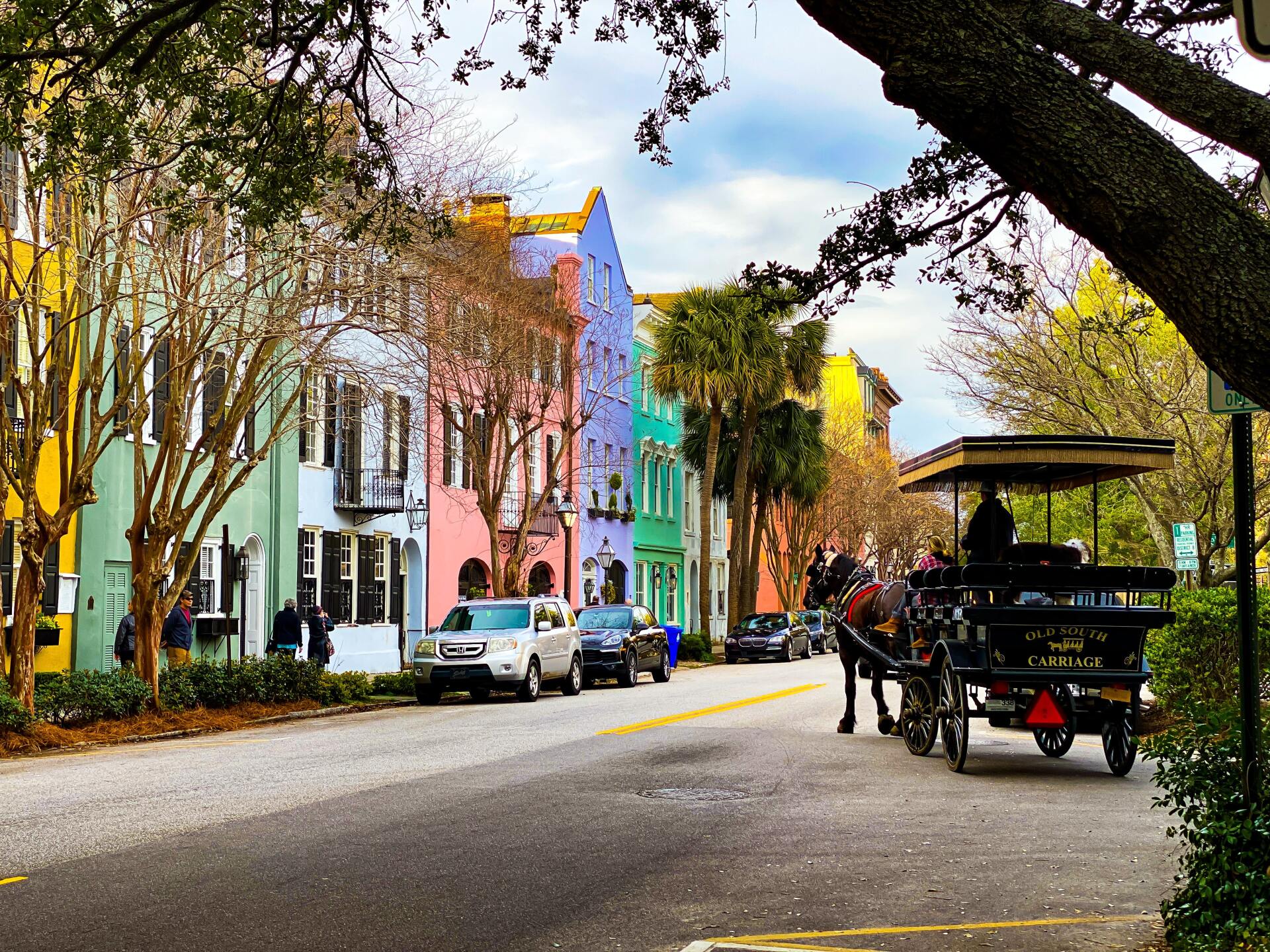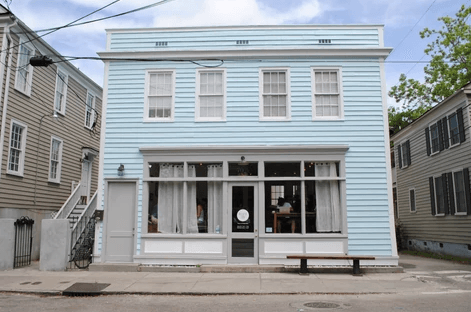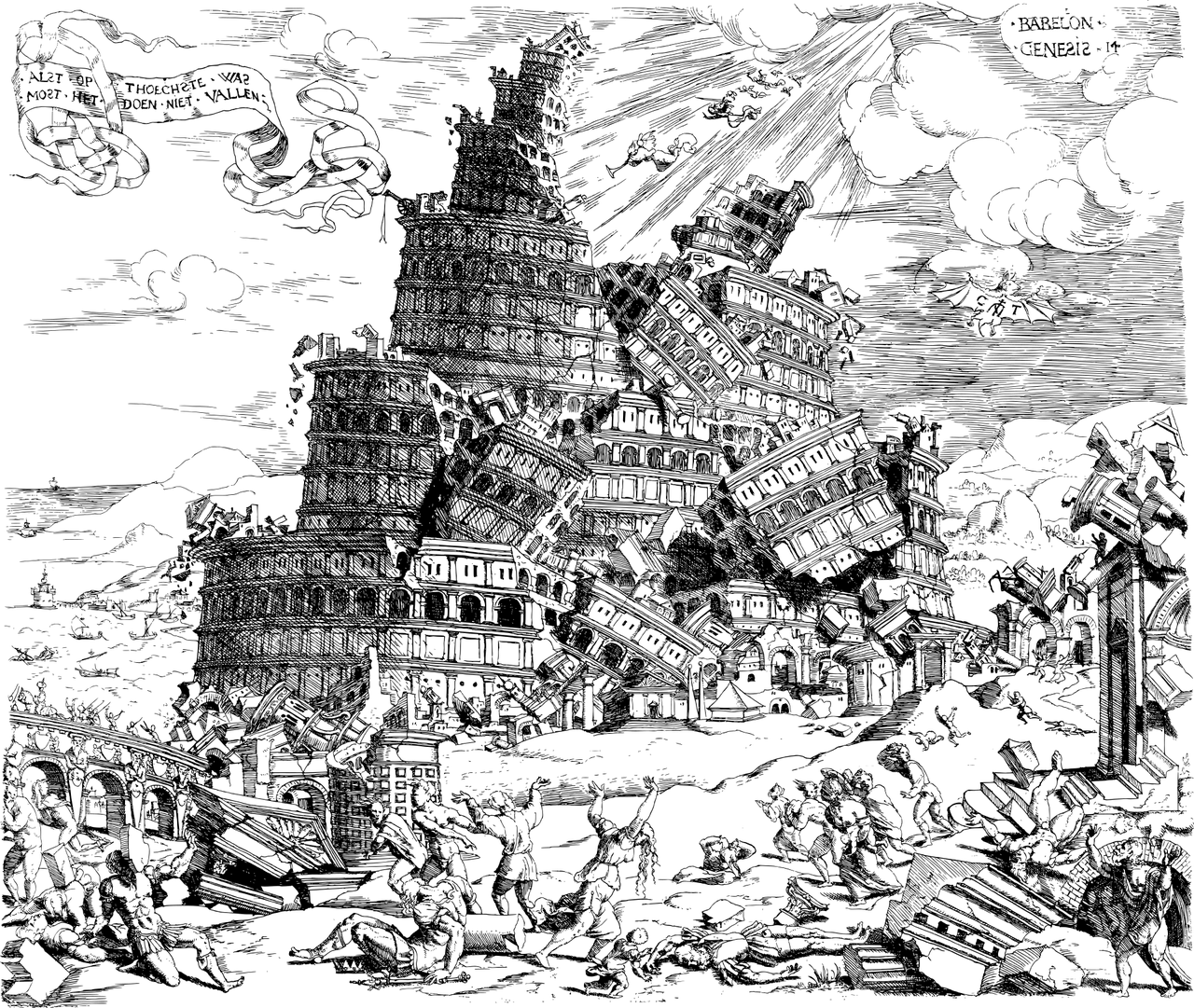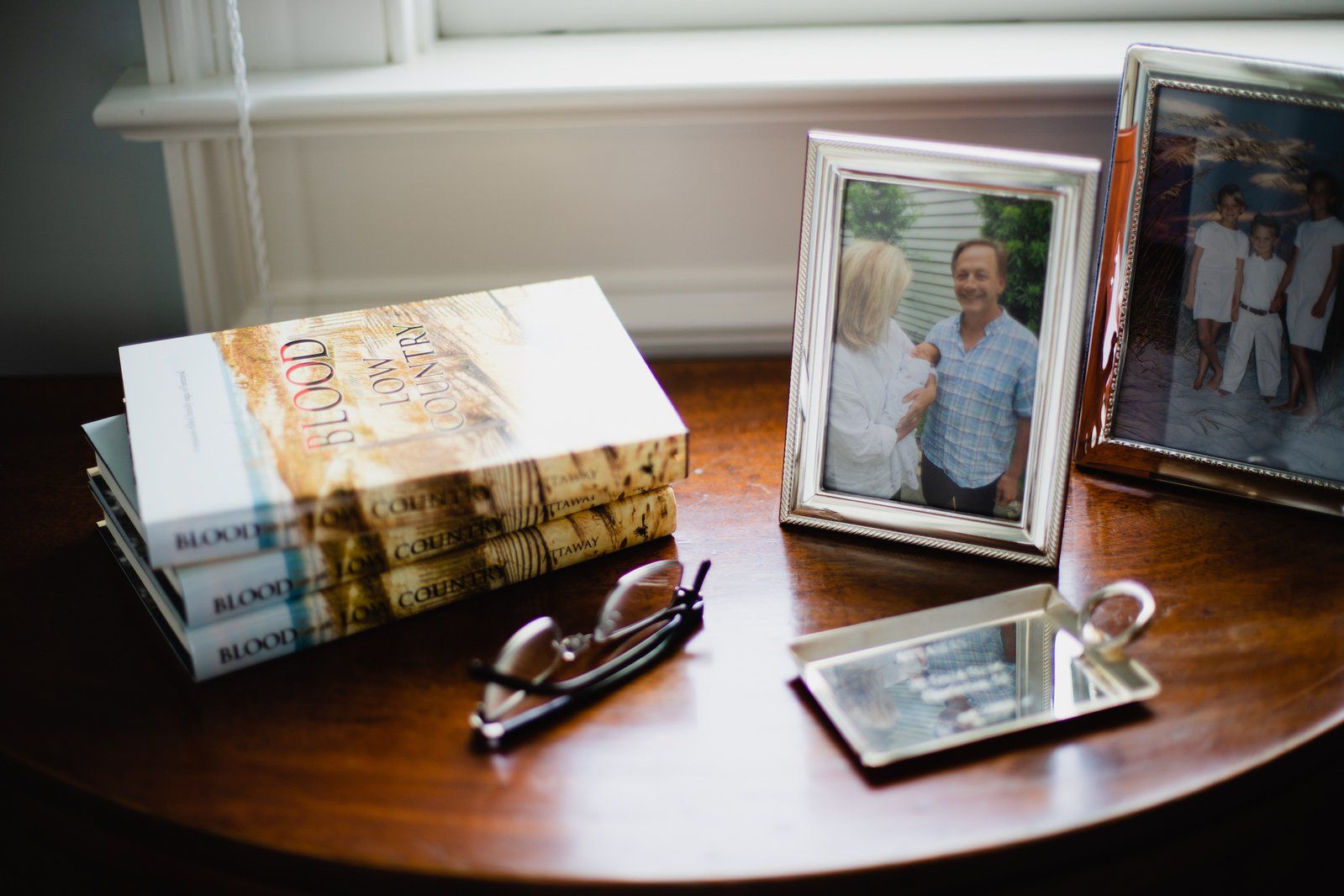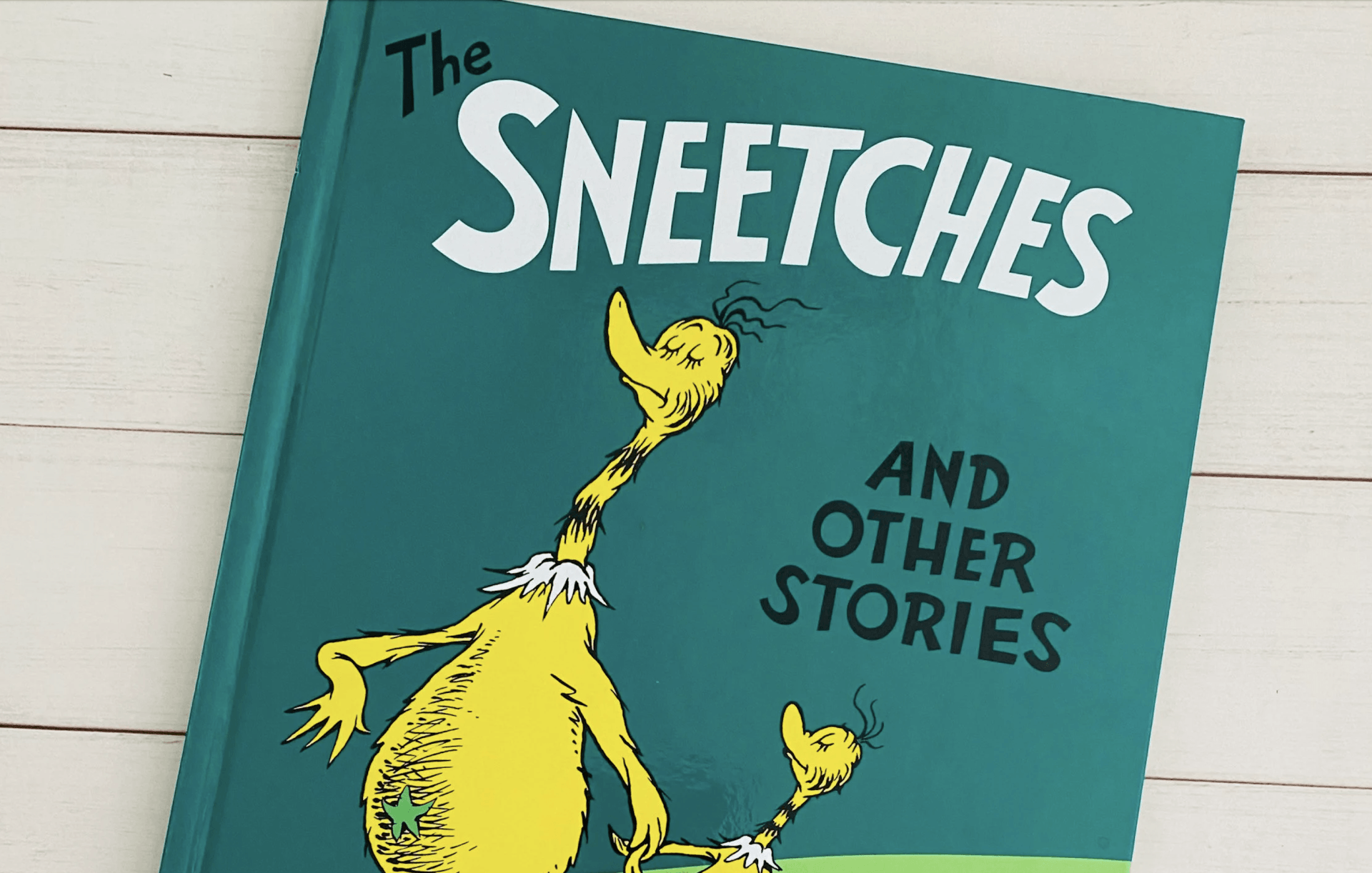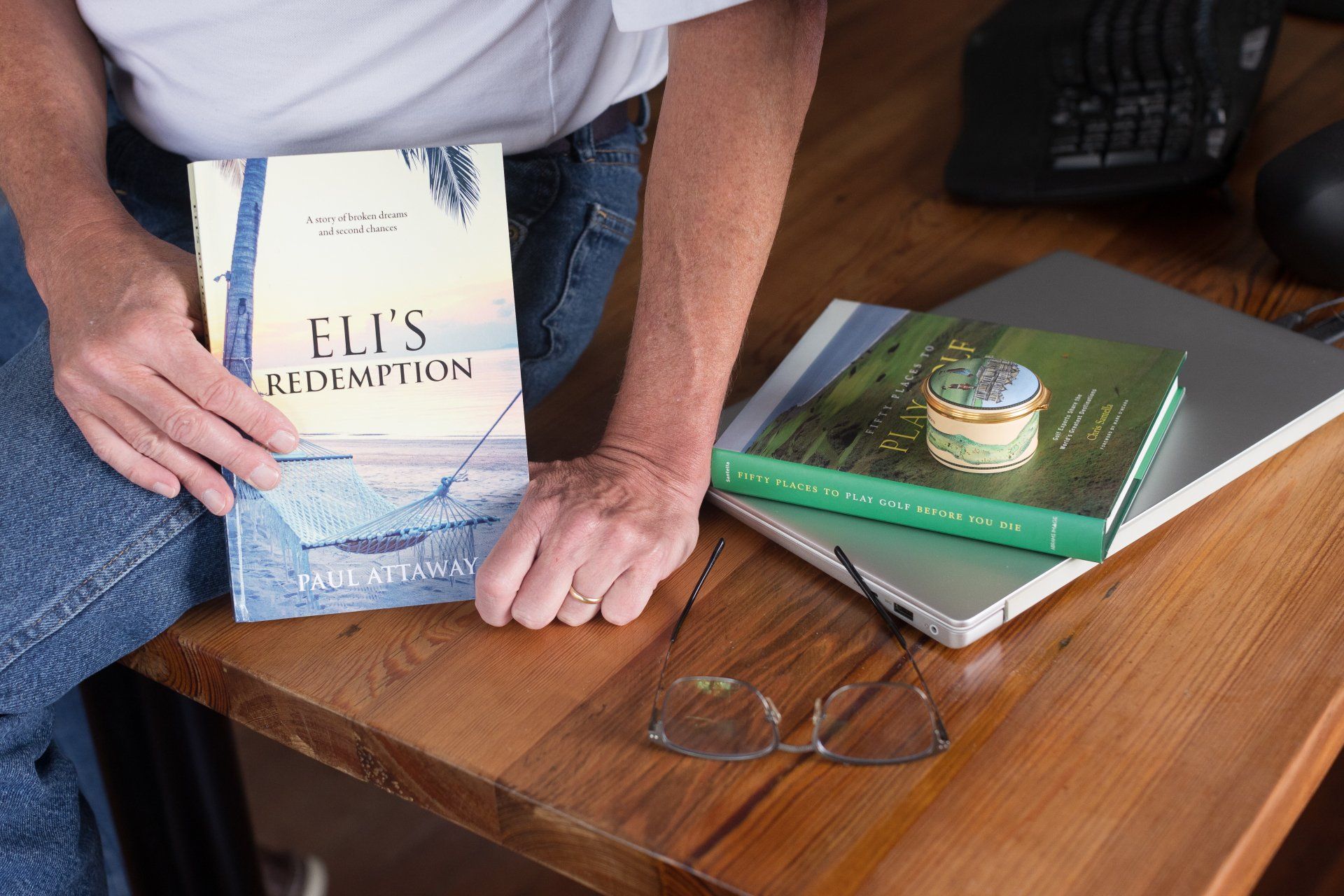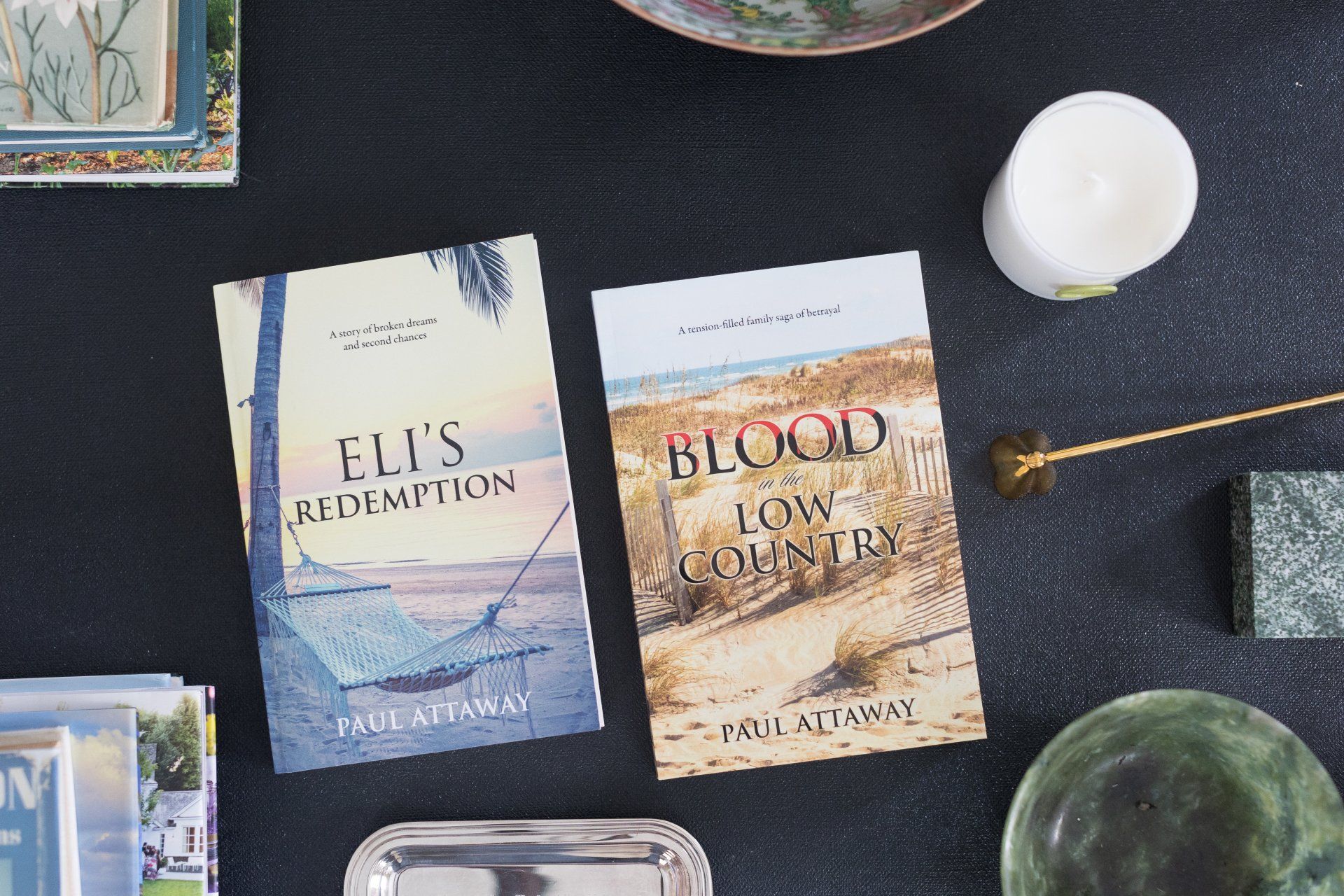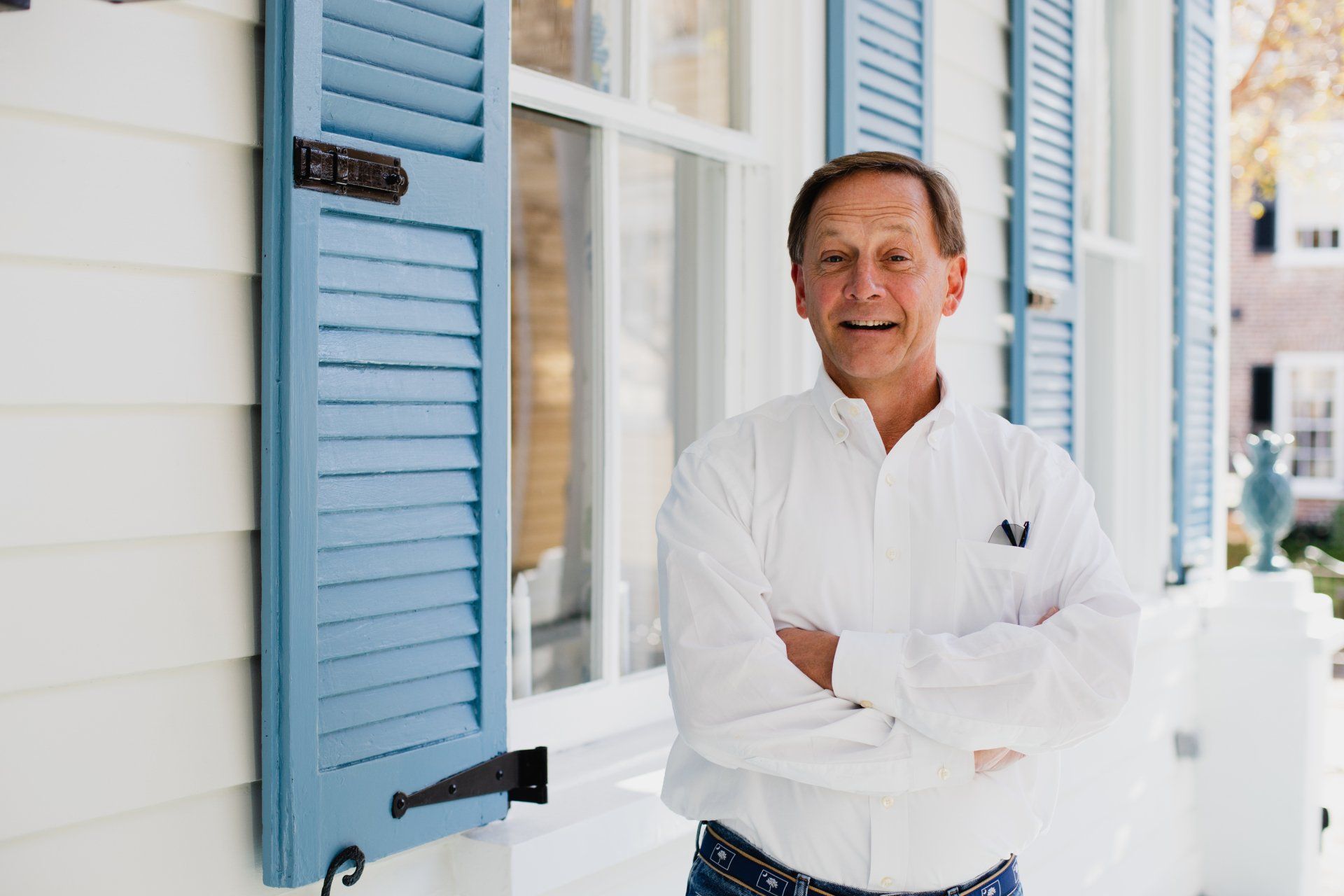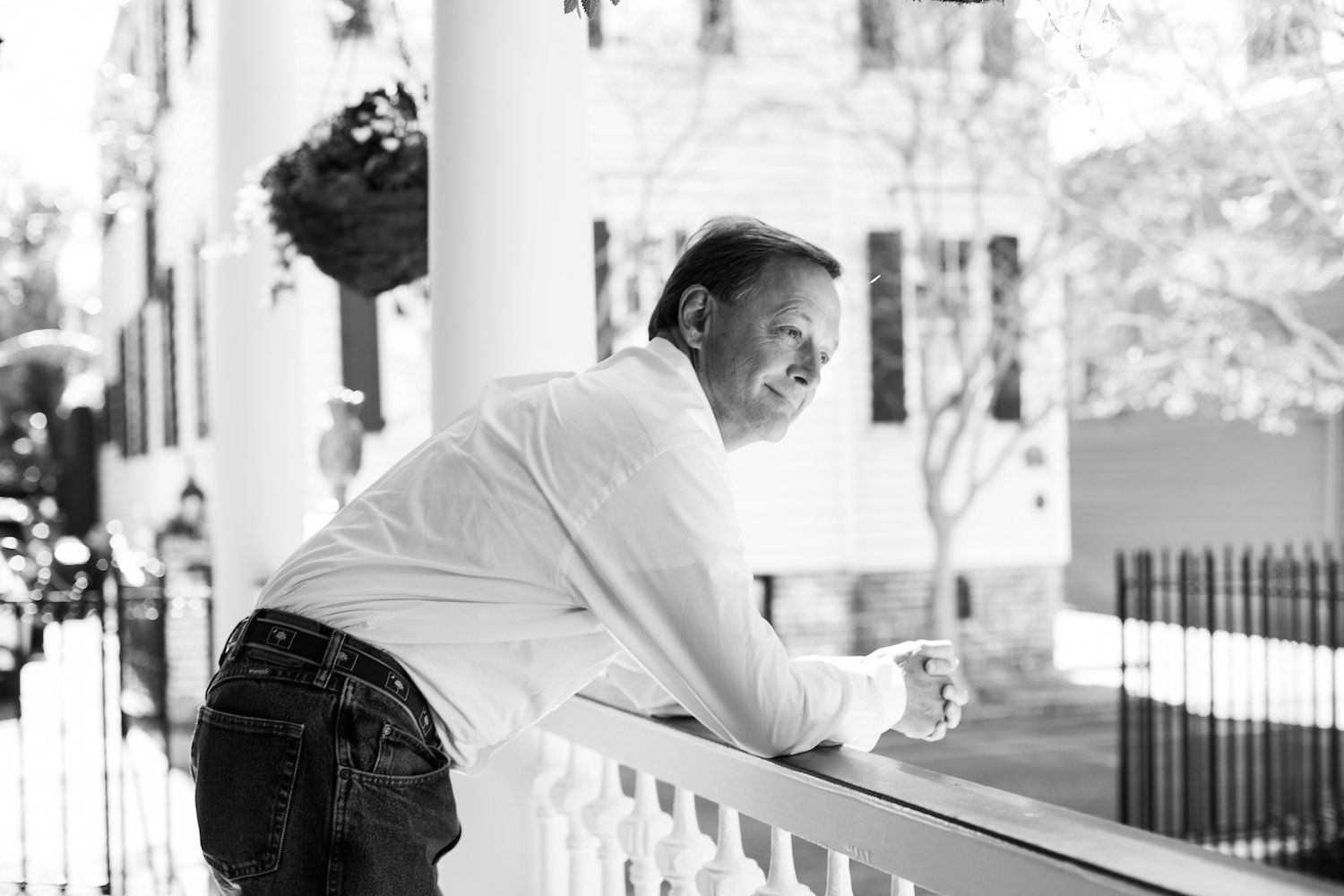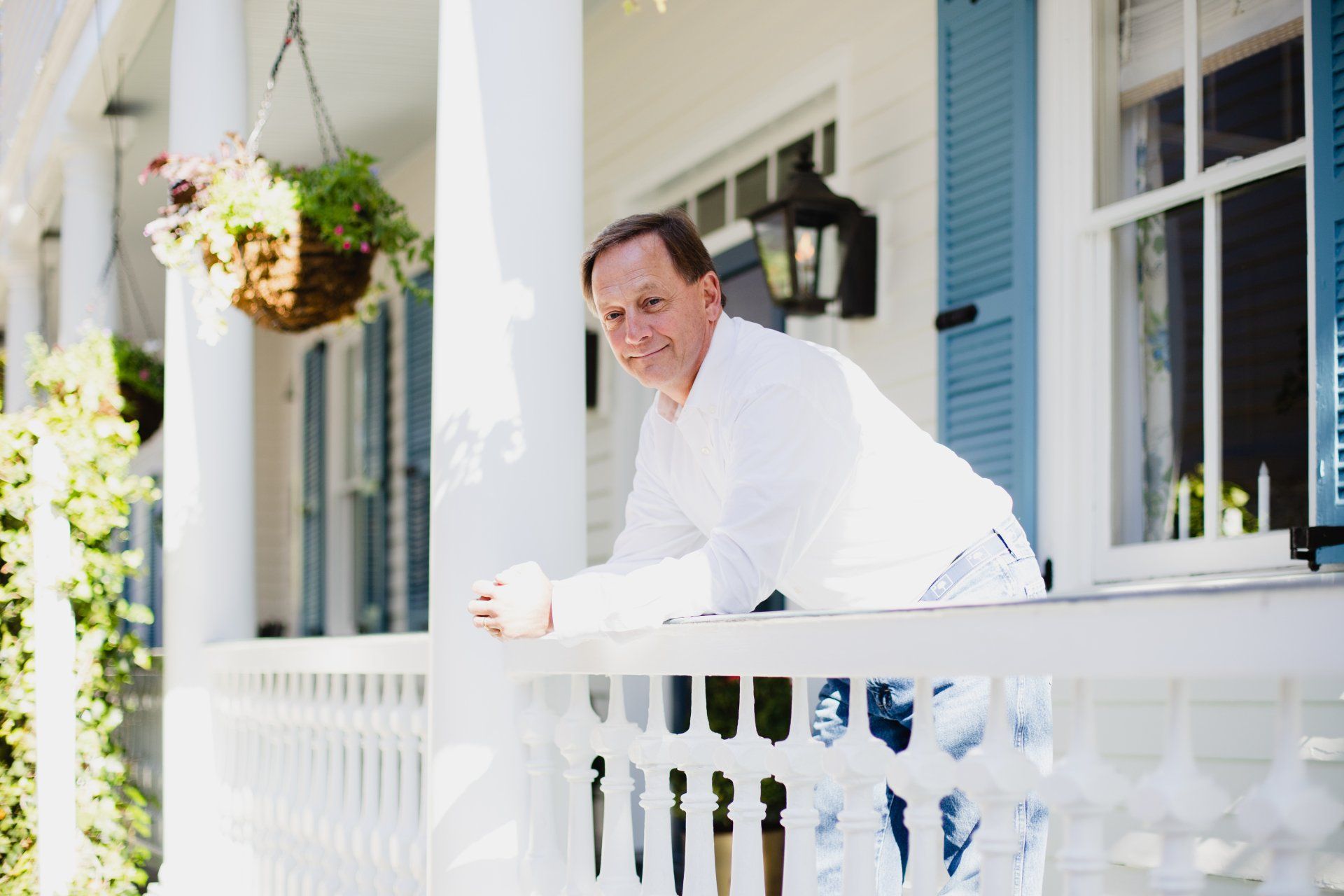Blog
Short Stories
And Blog
Charleston—Every Now and Then
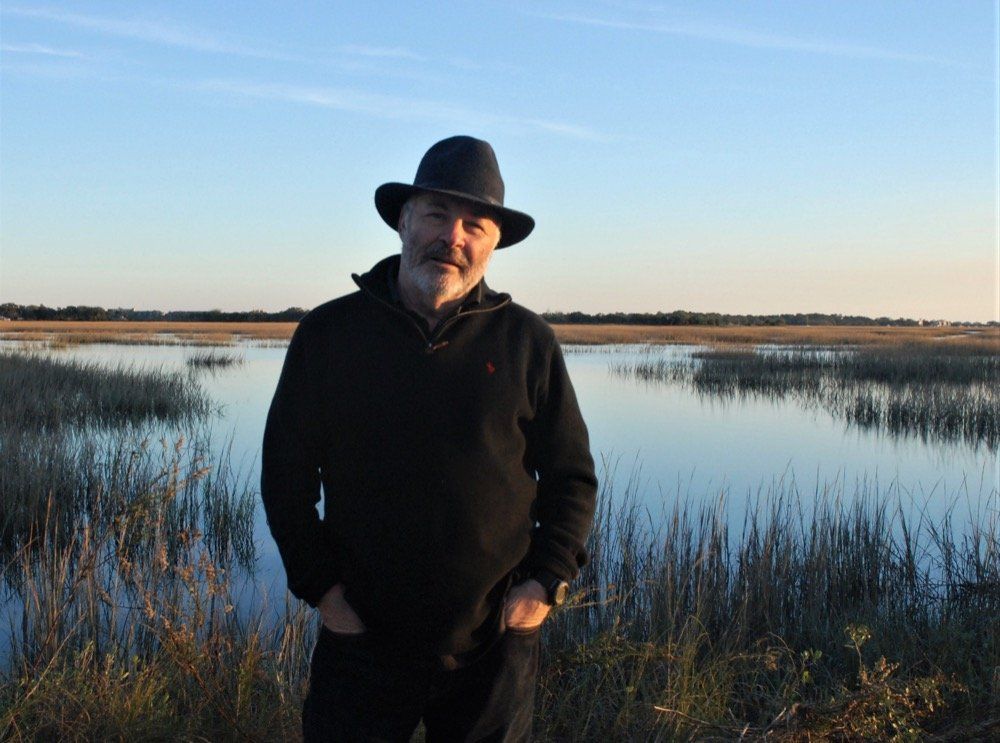
By Paul Attaway
•
March 22, 2022
How long have you been a tour guide? Three years with interruptions of several months to facilitate moving from the west coast and to avoid the summers here in Charleston. We had a vacation home here that had been the center of family reunions for several years. My wife, Wanda, was born in the South and when it came time for retirement in 2018, she wanted to return. I was more of a Western man, born in Nevada. My working life had been in California so I was ready for a different experience. The cultural and atmospheric change the South offered seemed a good fit. The American West doesn’t have the depth and breadth of history that Charleston does and so, on vacations I read extensively about Charleston history. To understand what Charleston contributed to the American Experience, how and why it happened, is to see that experience in all its glories and flaws. I studied that history on vacations and when we made the decision to move, in a bit of serendipity, I took the city test to become a licensed Tour Guide. At the time it was required of any guide, carriage or walking. My years of vacation reading paid off and I passed the first time. Little did I realize that passing the test was simply the tip of a very large iceberg of historic knowledge and related lessons that could take the rest of my natural life, if I wanted. What did you have to do to become a tour guide? Tour guides for the Carriage trade in Charleston must pass a 200-question test administered by the City by 80% to gain a license. It takes about 2 hours to complete. Due to a recent lawsuit, that license isn’t mandatory. The Carriage and other Walking Tour companies have voluntarily maintained that requirement as a way to guarantee a minimal standard for Tour Guides. I then applied to Old South Carriage Company. After you’re engaged by a carriage company, there will be about 3 to 6 weeks of training with horse and carriage until you’re cut loose on the city by yourself. In my arrogance of passing the test so easily, I boldly predicted I would be ready in 2 weeks. It took every second of 6 weeks of training until I was ready to drive the horses, keep the clients safe, and give a tour at the same time. And even then, in the beginning, I wasn’t very good. How often do you guide tours? I’ll work between 2 and 5 days a week. I’ll give between 3 and 5 tours in a normal shift. My record is 9 tours in a 10-hour period. That was a long day. There are a total of 10 possible Carriage tours in 5 tour zones as defined by the city. The City of Charleston will give a carriage a permit to enter a zone at a particular point and exit at a particular point, based on a lottery. In between, the carriage can do as it pleases within the zone. There are restricted streets for safety or privacy concerns. The permit is good for 70 minutes. Failure to abide by the City’s requirements can result in draconian fines to the driver. Tell us a little bit about yourself. For instance, where were you born? How long have you lived in Charleston? What did you do before moving here? What do you and your wife, Wanda, enjoy doing? As I said before, I was born in Nevada and spent most of my working life in California. I had a good career in the movie industry as a Picture Editor working with some of the biggest names in movies and TV. The essence of that job is to connect individual bits of information into a narrative that is dramatic and emotionally compelling. The personalities were sometimes temperamental and tyrannical and at times brilliant and insightful. I suppose that was good training for being a Tour Guide. When retirement came, my wife, Wanda, wanted to return to the South. Some part of me will always be a Western man, an outsider. My favorite quote about the Western desert is from Wilfred Thesiger “No man can live this life and emerge unchanged. He will carry, however faint, the imprint of the desert, the brand which marks the nomad; and he will have within him the yearning to return, weak or insistent according to his nature. For this cruel land can cast a spell which no temperate clime can match.”. But to appreciate, you must have contrast, and so, we moved from a place that is determined by the lack of water to a place that is determined by an overabundance of water. As a retired couple, we have the luxury of not having to spend the summers in Charleston. My part of Show Business didn’t travel much so we hope to make up for that now. We have several trips on our wish list for the summers. We look forward to travel to various parts of Europe to work on our high school French, Spanish, and German. I also think that January will be a good time to be gone from Charleston, once Covid is over. We have a new house, but we still don’t have a garden plan. Wanda enjoys gardening. We are still new to the area but look forward to the water sports and the unique cultural events that are available. I will miss snow skiing, but I might take up shooting again. We started continued education as senior citizens at the College of Charleston. I’m expanding my historic knowledge of this unique town constantly through lectures and research. When you look at the history of Charleston, is there a particular time period or aspect of its’ history that you are drawn to more than others? It’s like choosing a favorite child. Charleston was pivotal in many chapters of our history but, coming from a place with only recent history, I’d have to say the colonial period is most interesting to me. The early days of the Colonies and how they grew in such a hostile environment, what they valued and why, the foresight, and bravery (and yes, the selective blindness) of those founding fathers of civilization and government is astounding. It’s remarkable partially because they weren’t living an easy life in the intellectual cen ters of Europe when they evolved our unique “American Experience” that became a sea change for humanity. What do you do to keep in shape, so to speak, with your knowledge of the City? Weekly visits to the main library on Calhoun Street are a must. The SC History room is staffed by rabid history geeks that get their joy in life by running down ideas and connecting historic relationships. Mark Jones has a Facebook page that gives a “This day in Charleston History” reference that is always fun. Mark has written 9 books on Charleston including “Wicked Charleston”. The City makes the occasional lecture available to Tour Guides for ongoing education. If a history buff was visiting Charleston for the first time, and they only had time to see or do three things, what would you recommend? I’m a big fan of Drayton Hall. It is a “preservation” site and as such, hasn’t been “restored”. So, the window trim may be original from the 1730’s and the ceiling may be from the 1880’s. You are looking at history in the raw. There are a lot of poignant moments in American history that happened on those grounds. Any history buff would love to stand where General Beaurgard stood and gave the signal to start the bombardment of Fort Sumter. That can be done at the Edmonston-Alston house on East Battery. It’s a wonderfully “restored” museum home with most of its original furniture including pieces borrowed and never returned from the Drayton’s whose townhouse was next door. I don’t want to be too pedestrian, but the City of Charleston Museum is the oldest museum in the New World and would give one an extensive overview of our history. And, as I like to point out to tourists with little ones, children can get lost in there for hours!! (And lunch on King Street is a half block away…just say’n.) Have you ever had a supposed history expert on a tour that challenged you? Misinformation and myth are plentiful in Charleston so I offer a $10 prize, per incident, to anyone that can prove I’ve said something that isn’t true. However, I require that the challenger put up $10 also. (jokes don’t count). That sorts out the “ribbon clerks”, as they say. That being said, I’ve had many clients that have added to my knowledge in a detail or a relevant bit of information that I didn’t have. One day, I had a Civil Engineer that gave me 10 minutes on why the earthquake reinforcement bars don’t work. I always make it available for anyone to correct my French pronunciation. A few times people will offer myth or misinformation that they had heard elsewhere. Correction is a delicate thing. You must assume, they believed what they said and offered it with the best intentions. Has how you see the world changed over the years as a result of what you have learned as a tour guide? I’d like to think that it has added more tolerance to my view of the world. As we get older, I think most people see the wisdom of forgiveness and tolerance in the world. To be pressed to study, in detail, triumphs and disasters of people that were so important to our evolution as a country and then having to actively find ways to communicate it clearly, with humor and insight, in a short time, burns it into the psychic. You can’t ignore what you see in history, for good or evil. If someone wanted to book you for a tour, how can they reach you? Walking tours of 90 minutes or more are available. Email or phone is best. Email: BLDHORSE@aol.com Phone: 818-952-9571

By Paul Attaway
•
January 17, 2022
Meeting these same needs, by offering folks a welcome meeting place, coffee houses have played a role in the history of Charleston and continue to do so today. The Williams Coffee House in 18th Century Charleston, the Carolina Coffee House in the City of London in the 17th and 18th century, and the modern coffee houses populating Charleston today are all excellent examples. In this installment, we’re going to visit a coffee house in the City of London in the late 17th century.
In This World, But Not of This World

By Paul Attaway
•
January 24, 2022
Pre-2020, I was what one would call a Christian and one without any real cost attached to my beliefs. (As a side note, I don’t like to call myself a ‘Christian’, because that word means different things to different people. For some, it is a term that identifies one as a humble, gentle believer that Jesus is the Christ. For others, it means you are a holier-than-thou hypocrite, and for others, one who votes Republican, etc… So, to reduce the likelihood of a negative stereotype, I simply say that I believe Jesus is who He says He is.)
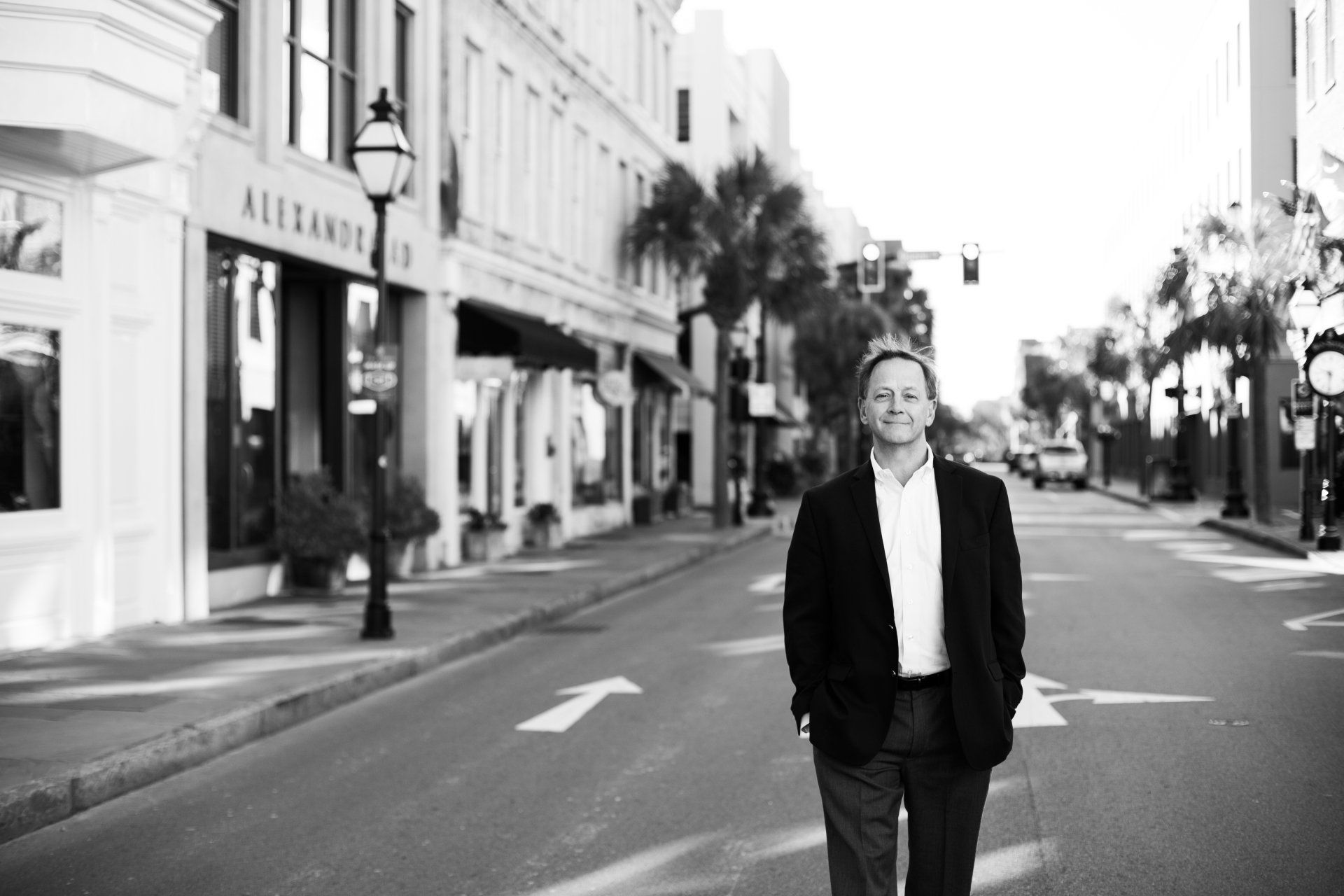
By Paul Attaway
•
February 5, 2021
We’re going on eight weeks now of varying degrees of shutdown, shelter-in-place orders, etc… Many of us are scratching our heads, wondering how this could have happened. How could a nation renowned for its pioneering spirit so passively give in and accept orders seemingly devoid of rationale or a since of proportion? Whether the shutdown was a prudent response at the outset or whether there were more effective reactions is for another day but is also no longer the immediate issue. The issue now is whether the shutdown need continue outside certain areas of NYC and possibly a few other small regions. We’ve all seen the numbers in the rest of the country. More deaths from automobile accidents, the traditional flu, etc… The number of deaths attributed to Covid-19 will hardly be a blip on the screen. I live in Arizona and South Carolina. As of May 4th, in Arizona, a state with population just over seven million, and a state in which over 50,000 people die each year, a total of 362 deaths have been attributed to the virus. In South Carolina, a state with a population just over five million, and a state in which over 50,000 people die a year, as of May 4th a total of 267 deaths have been attributed to the virus. And, yes, in the overwhelming majority of cases, those who died were suffering from one or more underlying conditions and/or at the end of their lives. Despite the numbers, despite the facts, I perceive that a great many people, young people at that, people with nothing to fear, are, in fact, afraid. So, there it is. One possible explanation for why this country so willingly accepted draconian steps that turned our lives upside down, isolated us from our fellow man and destroyed dreams and businesses: a fear of death. When I read comments to articles or blog posts, many of those in favor of the continued shutdown fall into one of two categories. First, there are the comments by people accusing those of us wanting the nation reopened to value money over lives. The second category of comments goes something like this: “Thank you Governor so-and-so for taking the steps to protect us,” or “Thank you for making the public health your number one priority,” or some such variation. In a nutshell, this second category of comments is a plea for safety and a desire for someone else to insure it. It’s a call for state action to limit the activities and freedom of one group of citizens so another group can feel safe. In my conversations with friends who I know, like me, believe Jesus Christ is who He says He is, knowing eternal life waits on the other side greatly minimizes any fear of dying. The story of Jesus raising Lazarus from the dead is well known. (John, chapter 11). Lazarus had been dead for four days and was lying in a tomb wrapped in linen. Jesus walked into the tomb and said “Lazarus, come out.” Lazarus walked out of the tomb and when news of what Jesus had done spread, more and more people began to believe that Jesus was the Christ. My favorite part of the story occurs in the next chapter in the Gospel of John. Jesus was in Bethany waiting for the Passover celebration to begin and we read that Lazarus was reclining at the table with Jesus. Just imagine how Lazarus lived out the rest of his time on earth. Do you think he was scared of dying? Of anything? No, of course not. I’ll bet he felt both grateful to his friend Jesus and also pretty bullet proof. He knew that death had no hold on him. What joy! Imagine living life today with that same confidence. How differently would we face the corona virus if we knew death had no hold on us. How differently would we face all of life absent a fear of death. That same confidence is available to us. That confidence was on display when the Black Plague killed over one hundred million people in the fourteenth century. A friend of mine recently reminded me that Christians cared for and tended to those dying from the plague even though they knew that doing so greatly increased their chances of dying from the Plague. Richard Dawkins, author and famed atheist said: “Faith is the great copout, the great excuse to evade the need to think and evaluate evidence. Faith is belief in spite of, even perhaps because of, the lack of evidence.” I disagree. This quote more aptly applies to today’s secular humanist vainly trying to reorder society so they won’t be exposed to a virus that has proven deadly to elderly people with one or more underlying health problems. Re-read Richard Dawkins quote but replace the word ‘Faith’ with the phrase ‘You can never be too safe’. It reads like this: “‘You can never be too safe’ is the great copout, the great excuse to evade the need to think and evaluate evidence. ‘You can never be too safe’ is belief in spite of, even perhaps because of, the lack of evidence.” Let’s also consider the words of Patrick Henry and contrast them with the words of the popular song “Imagine” by John Lennon. Patrick Henry famously said: “Give me liberty or give me death” John Lennon wrote these lyrics: Imagine there’s no countries It isn’t hard to do Nothing to kill or die for And no religion, too I can’t imagine many conditions more depressing than living in a world where there was nothing worth killing or dying for. When the Allied forces invaded Normandy in June 1944, a battle that led to Western Europe’s liberation and helped turn the outcome of World War Two, the men who stormed the beaches that day and the officers in charge undertook their mission knowing that thousands of our troops would die. But they stormed the beaches anyway. They did it because life is precious and because life is meant to be lived freely. Life is trivialized by a paralyzing fear of death. Now imagine what life will be like when we begin living it freely, free from the fear of death.
Time to Write

By Paul Attaway
•
July 28, 2022
We all know what fiction is and we have a general understanding of what historical fiction is – narratives that take place in the past and involve an imaginative reconstruction of events and/or characters, real or imagined. But what do we call a story set in the not-so-distant past? Before considering a definition, let’s look more closely at historical fiction.

By Paul Attaway
•
June 16, 2022
This week the U.S. Open returns to The Country Club in Baseline, Massachusetts, and it seems fitting as recent events in the world of professional golf have highlighted what it means to be a professional golfer and launched conversations as to why we love and play the game. It seems fitting because in 1913, twenty-year old amateur Francis Ouimet [1] , shocked the world beating the best in the game at The Country Club to become the first amateur and only the second American to win the US Open, a tournament that had been played since 1895, and in the process wrote chapter one of the story in this country of what it means to be a professional athlete. Last week, the upstart tour, LIV, hosted its first tournament. The tour is underwritten by the Saudi Sovereign Wealth Fund which means the players are being paid by Mohammed bin Salman Al Saud, MBS to his friends, the Crown Prince of Saudi Arabia. This blog post is not about the propriety of accepting pay from the ruler of an authoritarian nation, not that the questions surrounding the payor and his motives aren’t important or worthy of discussion, but because that’s not what I want to write about today. No, today, I’ve been thinking about the essence of competition, what we love about it and how it plays out in the game of golf specifically. The Spirit of Competition From the game’s inception, money has been wagered on the outcome and the primary form of competition is what we call match play. The winner is the player who wins the most holes regardless of the total score at the end of the round. In match play there’s only one winner. Match play is still the most popular form of competition. At public and private courses around the country today amateurs playing weekend golf are likely to wager with friends using a match play format. Even today, a Scottish town may have one public golf course, but it could have had multiple private golf clubs all sharing the same course, and from the earliest days, these clubs would host tournaments, each club putting up their best players against the other clubs’ best. Further, it was not uncommon for the members of a club to send their best to a neighboring town to play a match or series of matches against a team sponsored by another club. The winner might receive a jacket, a cup, trophy, or medal of some sort. In some cases, a small cash prize would be paid, the money for which had been collected from the club’s membership. Membership in these clubs was typically reserved for the wealthiest, people who could spend the time required to master the game. Often, the club would send their head pro to compete for the club. In those cases, the membership would cover the player’s travel expenses. The point being, though, there was only winner; no second place. The Spirit of the Game and the Professional Golfer In the late 1800s and early 1900s, many of the world’s top golfers were amateurs and the professional golfer was the club pro who made his living as the head professional at a private club. His duties would have included making clubs and giving lessons. When Francis Ouimet won the US Open in 1913, nearly every golf professional was an employee of a private club and frankly they were looked down on as second-class citizens. As the game of golf exploded in this country following Francis Ouimet’s victory and the prospects of someone making a living playing tournament materialized, much was written about the beauty and purity of the amateur playing for the love of the game as contrasted with the professional who plays for money. Buried in these words is a fair amount of class-based elitism. Amateurs competing on the world stage at the time were wealthy men who could afford to join private clubs and take hours off to play the game each week. Simply stated, they looked down on working-class people and that’s what a professional was, working class. That’s all the more reason why Francis Ouimet’s victory was so shocking; he was an amateur for sure, but he was poor and from a working-class family. He was not your traditional, wealthy amateur. The arrogance of the guardians of the game was on full display when in 1916 the USGA stripped Francis Ouimet of his amateur status because they concluded he was profiting off his fame by using it to promote the success of his sporting goods store. A few years later, in response to an outpouring of support for Ouimet, the USGA quietly reversed its decision. (Francis Ouimet continued to compete as an Amateur and won the US Amateur Championship in 1931.) While elitism still exists today throughout our culture, in the game of golf, the professional reigns supreme. The attitude towards the professional golfer began to change in the 1930s and 1940s and the great amateur Bobby Jones was instrumental in that change. Around this time, a yearlong tournament schedule was developed, and it became possible for a player to make a living travelling the country playing tournament golf. Match play gave way to stroke play as the dominant form of competition as TV became a larger presence and it was deemed that stroke play was an easier format around which to develop a television audience. For the tour to survive, however, players must have a realistic chance of making enough money even if they don’t win. So, today, a purse is divided up amongst the top finishers at a tournament. But still, the better you play, the more you make. So, while you no longer need to place first to win money, the spirit of the competition was still there. Furthermore, there was no guaranteed money. Often, you had to qualify on a Monday to play in the tournament and then if you did, you had to make the cut after the first two days if you were to make any money. Yes, the spirit of competition survived. Now don’t get me wrong. I know how much money the top players make today; they’re not struggling to survive, but they had to work hard, and they earned their money by winning regularly. Nevertheless, the tour can be grueling because if you don’t make the cut after the Thursday and Friday rounds, you don’t get paid and then you move on to the next tournament, often the very next week. The PGA Tour does provide a pension for its members. However, your payout is a function of what you put in: the number of tournaments you play, the number of cuts you make, the number of Wednesday Pro-Ams you play, and how well you do in the tournaments, for instance. In other words, the better you perform, the more you make. I haven’t even touched on what it takes to become a PGA Tour Member. The competition is intense. Playing for more than just money But the PGA Tour and European Tour player is also playing for more than just money. They are playing for their place in history. Great tradition surrounds many of the stops on these tours. And then there are the Majors: The Open, The US Open, the PGA Championship and The Masters. Finally, two of the most pressure packed events are the Ryder Cup and the Presidents Cup, biannual tournaments played between the best players from the United States against the best European players and the best players from the rest of the world, respectively. There are no cash prizes at these two events. Just pride, national pride. Although golf is a solitary game – you against the course or you against another player or the field – and it might appear as if you are only playing for yourself, I don’t think that’s the case. From the earliest days, golfers played for their town or their club. Today, weekend golfers put together bets by which your foursome is playing another foursome. Professional golfers today compete for their country in the Olympics, the Ryder Cup and the Presidents Cup. Even PGA Members who when tournaments seemingly for themselves are elevating the stature of the PGA Tour which benefits not just themselves but their fellow Tour members. The LIV Tour So, what to make of the LIV Tour? Last weekend, the LIV hosted its first tournament and the field of 48 players included a few big names such as Dustin Johnson and a host of names that only the most ardent golf fan would have recognized. The players were paid to join the tour and last place at the event earned $120,000. At the Canadian Open being played at the same time, five players tied for 48 th place and each one took home $22,567. If you missed the cut that week then you made nothing. The Canadian Open has been played since 1904 and former winners include: Walter Hagen, Sam Snead, Byron Nelson, Arnold Palmer, Lee Trevino, Nick price, Jim Furyk, and Tiger Woods. Jack Nicklaus has seven runner-up finishes at The Canadian Open. On the LIV Tour, you get paid to show up, win or lose. Who cares? I guess we’re supposed to be impressed by the great play. I love golf but am the first to admit that I rarely watch it on TV beyond the majors, which, by the way, are acknowledged as minor national holidays in our household. I watch the majors because of the tradition, the history, and the stakes other than the money. Yes, I watch because they are the best players in the world but also because they are putting themselves out there. They eat what they kill. And simply stated, some tournaments just mean more than others. The competition on the PGA Tour and the European Tour is real. The nerves are real. Especially at the Ryder Cup and Presidents Cup. How can I get excited about watching folks play golf when they can finish dead last and still get paid and would have already been paid just for foregoing another tour? Independent Contractors, they say The players that have fled the PGA and European Tours for the safety of the LIV Tour make a lot of noise about being independent contractors and claim that means they should be able to do what they want. Yes, members of the PGA Tour are independent contractors and, yes, they are contractually obligated to enter a minimum number of tournaments each year, but I wonder if Dustin Johnson and Phil Mickelson are independent contractors anymore. We’ve read that Mickelson was paid $200 million to join LIV. Was he wired this money in one lump sum a few weeks ago or will it be paid out over time? I have a feeling it will be paid out over time and that he is obligated to play in the tournaments and promote the LIV Tour. Sounds to me more like he’s an employee of Mohammad bin Salman. The PGA has suspended Phil. I wonder what MBS will do if Phil decides to stop playing in his tournaments? For the love of the game In 1913, an amateur shocked the golf world. The romance of playing purely for the love of the game gave way to the reality that only a handful of people could spend their lives playing golf without a financial care in the world and room for the professional was accommodated. With the ascendency of the professional, an amateur hasn’t challenged the top players since the days of Bobby Jones but that’s okay. When I watch the world’s best golfers competing to win a trophy on a famous course that was previously won by Walter Hagen, Jack Nicklaus, or Ben Hogan for instance, I see players playing not just for the money but for the love of the game and for their place in history. I’m heading to the driving range now. I’m playing tomorrow, and in my foursome, we will throw balls up on the first tee to determine teams and then compete in a $20 Nassau. Second place gets nothing! [1] The story was immortalized by Mark Frost in his book, The Greatest Game Ever Played: Harry Vardon, Francis Ouimet, and the Birth of Modern Golf and popularized by the movie The Greatest Game Ever Played, based on the book.

By Paul Attaway
•
January 19, 2022
My designer explained that unless a potential reader knows the author, we have a matter of milliseconds to grab one’s interest. You hope the cover design and book title gives a potential reader reason to pick up the book, or click on it, and read the back cover and story synopsis and that the combined effect will lead them to purchase the book—a daunting task.
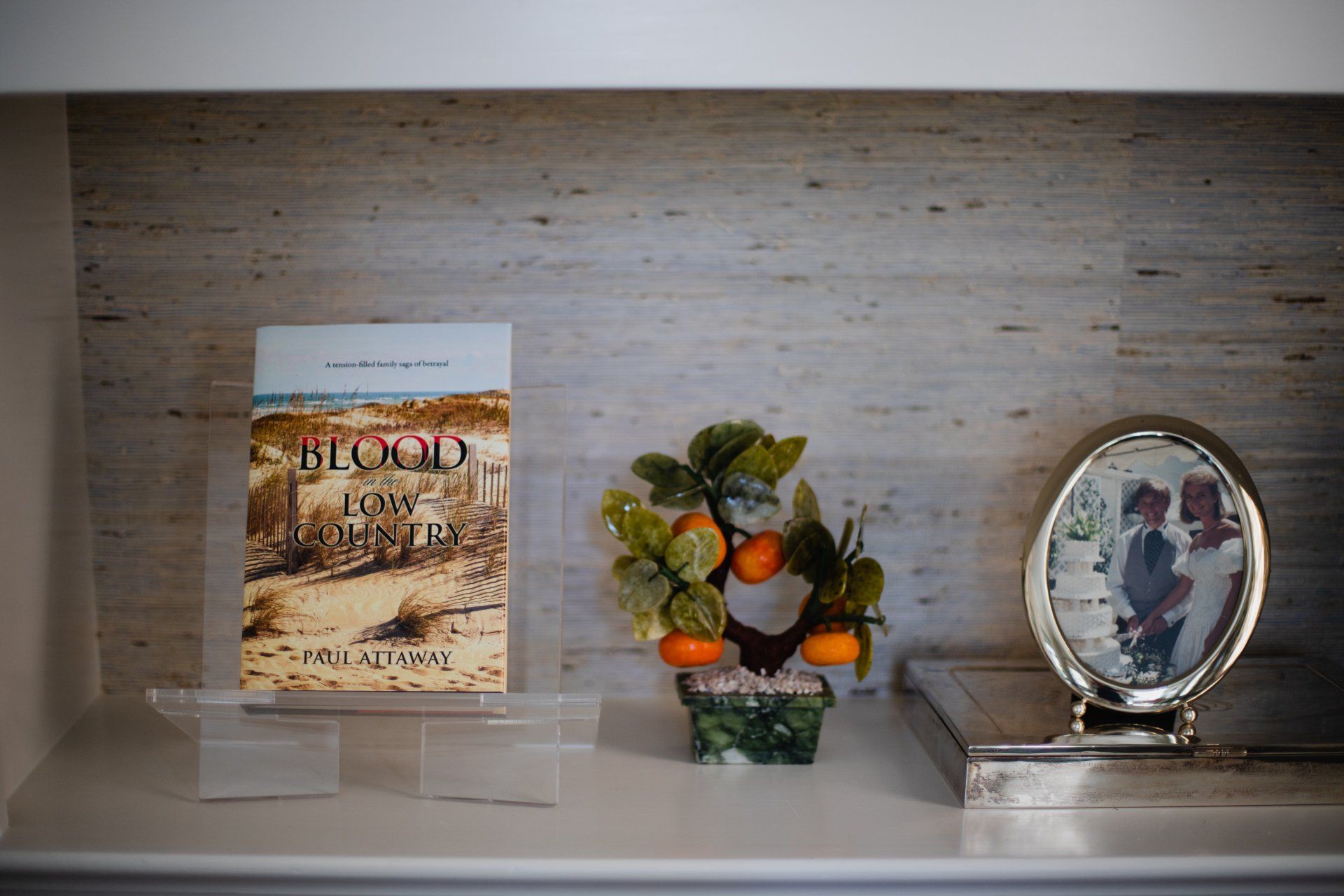
By Paul Attaway
•
January 11, 2022
There are basically two ways to get published—a publisher decides to publish your book, or you self-publish. If a publisher picks up your book, they are responsible for the cover design, the interior design, pricing, and to varying degrees depending upon the publisher, the distribution and marketing. If you self-publish... you guessed it—you do everything.
Short Stories
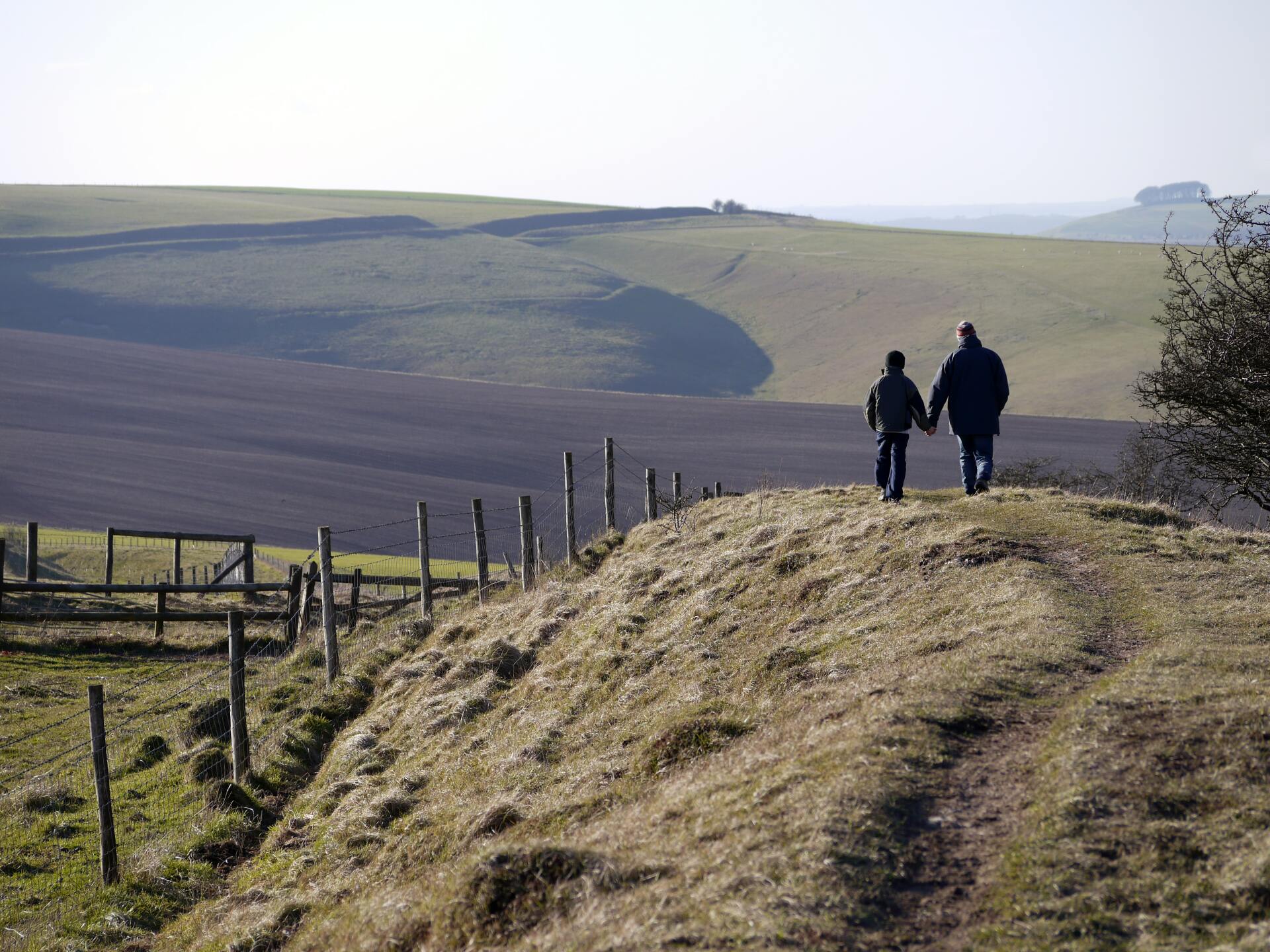
By Paul Attaway
•
June 23, 2021
Tommy was up early but he could already tell it was going to be a hot one. Farming wasn’t easy but it was what he knew. It was the life he chose. It was what he loved. As he stood on the back porch and watched the sun begin its ascent, he reviewed all that had to be done. They were expanding. Times were good. ‘You had to make hay while the sun shined’, his dad would say. That phrase always struck his mother as odd given that they were cattle farmers.

By Paul Attaway
•
February 1, 2021
The air was crisp, not cold, but with a flat texture owing to the paleness of the sky; bluish, but not blue, pale, but not overcast. Were the sky truly blue, you’d say for certain that it was a crisp, clear day. But you couldn’t say that. The weather bred uncertainty. Which direction would the day go? Would clouds roll in? Would the sky deepen with a true bluishness bursting through, or would it remain poised as a day lacking contour, a day born for contemplation? She’d arrive later this afternoon and we’d spend the weekend together. A boon for hotels and restaurants, Valentine’s Day fell on a Friday this year practically begging to become a long weekend. How could you not ‘getaway for the weekend?’ Anything less telegraphed ambivalence, trouble at home, a romance lacking intensity. Valentine’s Day had become a competition to see who could have the most perfect date. “We’re spending the weekend at the Mayfair,” he boasts. “Kind-of a last-minute decision.” Bullshit. Those reservations had to have been made months in advance. Ugh. I hate the forced spontaneity of Valentine’s Day and the unspoken, wink-wink, understanding that the sex was going to be great. She’d land in a few hours. I’d meet her on the north curb. We know the airport well since we’ve been travelling here for years. “I’ll text when I’m taking off” she said. Why hadn’t we travelled together? I think we both had rather flimsy excuses. “I have some business the day before. I think I’ll head over Thursday. Do you want to go with me?” “No,” she remarked casually. “I have a few things I’ve been meaning to get done. I think I’ll knock them out and catch a flight out early Friday. You get your business done.” Had we grown ambivalent? Too comfortable with each other? Had our life proceeded down a predictable path set out long before we had even met? What if we’d never kissed that night at that party? What if she had stuck with what’s-his-name? The good-looking idiot she had a crush on. What was his name? “Another refill sir?” asked the waitress. Or was she the owner? I wonder if she is one of those millennials you read about with a college degree and no prospects. If she had a college degree, does that make her a barista? These thoughts pass quickly as I look up and see a plunging neckline and a snake tattoo crawling up from inside her shirt. Why do these girls, I mean young women, think that a tattoo can improve on a great pair? I wasn’t dead, just married for twenty-eight years, but I still recognized an attractive woman when I saw one. As I’m pondering all this, in walks a woman who might as well have been a ghost. It couldn’t be! But it looked like her. Or what I imagine she would look like after, what, thirty years? I heard she was living abroad and then had gone off the grid. Good grief, she went off the grid before there was a grid. When the web arrived, I searched her name a few times. Nothing. Then I just stopped looking. It was embarrassing. I was happily married with four kids, and not just happily married, but still in love. She was coming this way. Was it her? She glanced at me and kept moving. No, I’m imagining it. It’s not her. But why would I think of her now? Then she paused and turned her head slowly but with purpose. “Brad?” I look up and nod and pretend that the awareness of seeing an old friend is just starting to spread across my face. “Lauren? Yes, it’s me. I’m Brad.” “Of course you are.” A slight laugh escapes as she pauses. “I just can’t believe it’s you.” We stare at each other and then out of nowhere I come forth with a remark that floors her and makes her agonize all over again, no doubt for the millionth time, why she left me. “Funny weather we’re having.” I’m such an idiot. I’m not sure she heard me though because as I stood up, I banged the table hard enough to send the massive cup of coffee flying. She laughed softly to herself. God, how I had hated that laugh. I never knew if she was laughing with me or at me or remembering something one of her model friends had said about me or maybe it was just her unconscious way of reminding me that she was out-of-my league. “Are you waiting for someone or may I join you?” That smile again. Now that smile I always loved. It told me it was going to be OK. She smiled a lot. When thirty-two years ago you are a senior in college and madly in love, or so you believed, with the most beautiful girl anyone had ever seen and your time together is defined by a passionate intensity, weekends away, and parties, that because she was by your side, seemed to spin centrifugally around you and then it suddenly ends… an ending defined by an immediate, unexplained absence and punctuated with a four line note that combine to slap you so hard you stumble dazed for months trying to shake the cobwebs free as your brain screams ‘She’s gone! She’s gone!’ When this happens, what do you do? And now she’s standing right in front of you. “Yes, please have a seat. I’m not waiting for anyone. I mean I am, but not here. I’m waiting at the airport. No, I’m waiting for someone to land at the airport. But I’m waiting here. My wife.” Smooth, Brad. Very smooth. “So, you’re married?” “Yes.” “How long?” “Twenty-eight years.” “Kids?” “Yes, four.” “Oh my.” “Yea, crazy. Boy, girl and then twins, a boy and a girl. The twins just left for college last fall. The girl went to Georgetown, so now we have an excuse to go back. We’re empty-nesters now.” “And it’s good?” “Yes, but different without the kids always around. We’re entering a new phase in our life, or so that’s what people like to say. What about you? Married? Any kids?” “No. I mean I was married for a while, a long time ago. But you know me, I couldn’t stay still.” Silence. Her eyes cast down. Was this it? Was I finally going to get an explanation? An apology? Good God, we we’re making plans for what lied after college. And there it was. That sense of … What was it exactly? Always just under the surface. Her sense of loneliness in a room full of people who wanted to be close to her. What was it about her that seemed so carefree but empty, spontaneous but lost? Just ignore it, I’d tell myself. She’s having fun. Everyone had fun when she was around. She made everyone around her feel good. Or were we pretending, numb to our surroundings. We could forget, or ignore, whatever we wanted to forget or ignore. But it wasn’t real. Was it just the feeling we had in college, of being on the precipice of real life and here was someone who seemed un-phased about tomorrow, or was she hiding some profound pain? Bury it. She did; so, I did. We spoke over the table, heads leaned slightly forward, not as two old friends but as two with an old friendship. We talked of and laughed at the memories. I had kept in touch. She had not. I told her who married who, who was divorced, who had died too young and who were grandparents already. She asked about my work, my wife, and our kids. I asked about her life and she would deflect. Vague answers about time here or there. She tried writing, restored an old home or two. I don’t know how many people in the coffee shop had come and gone, but suddenly it was late, and I said I had to go. And just like that, the conversation ceased. She looked at me, a look that bordered on a gaze and she seemed on the verge of saying something and then she turned her eyes away and smiled to herself, sadly but with resolve. No explanation would be forthcoming. Our lives had proceeded through time and space from then until now and any attempt to explain the change in trajectory imparted by her sudden absence would only cheapen where we each had arrived. And what would the point be? No, it was too late for an explanation and we each knew it. We did not exchange phone numbers or email addresses nor did we promise to stay in touch. We knew we’d never see each other again. I drove to the airport with the top down. The sky was a deep blue, and the air was crisp. I pulled up to the north curb and saw her before she saw me. She looked as beautiful as the day we first kissed. Our eyes met and we each smiled at the other and I knew that I was smiling to myself as well. This was good. This is our life together. A long weekend at the Mayfair. Just what the doctor ordered.
PRESS/REQUEST FOR
SPEAKING ENGAGEMENT
Thank you for contacting us.
We will get back to you as soon as possible
We will get back to you as soon as possible
Oops, there was an error sending your message.
Please try again later
Please try again later

